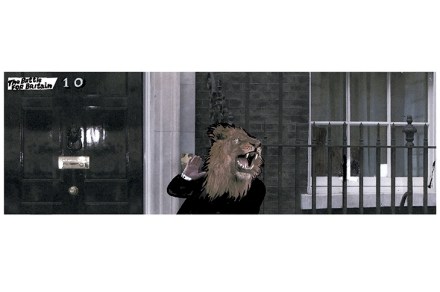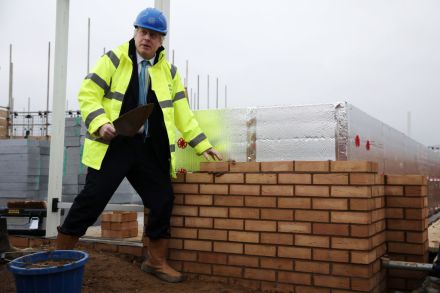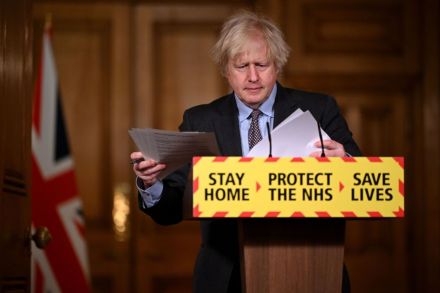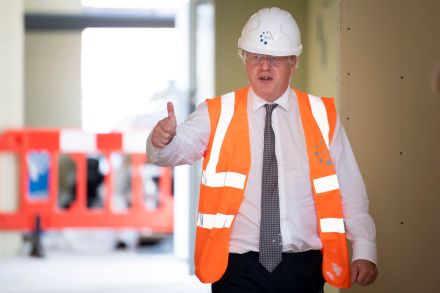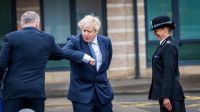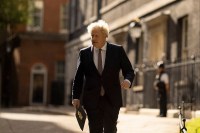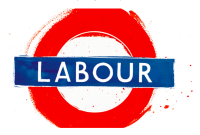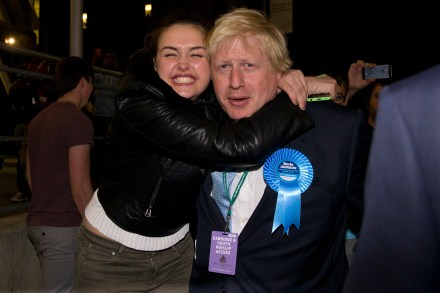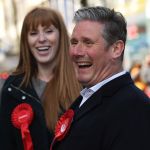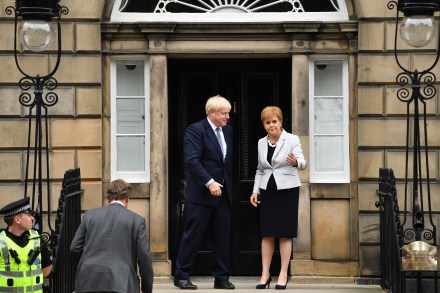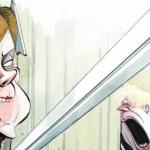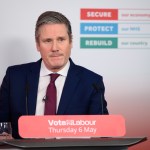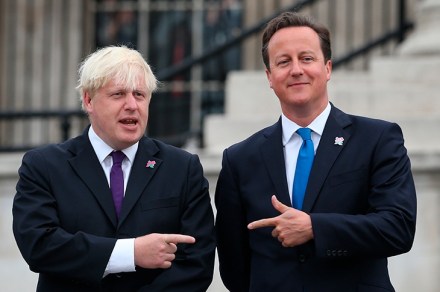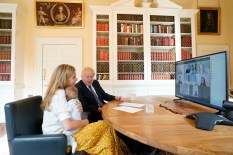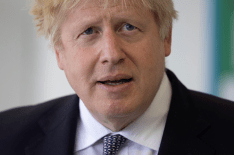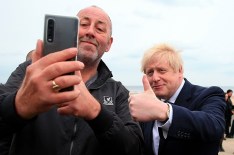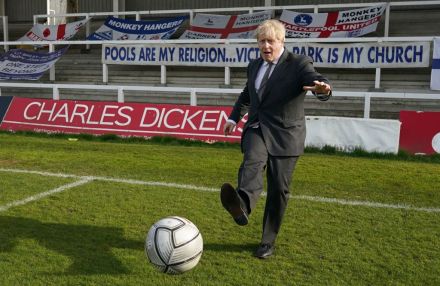Boris’s animal rights laws could come back to bite him
Boris Johnson wants to beef up animal rights. The new rules will include a ban on importing stuffed heads as hunting trophies, and possibly on fur as well; a mandatory microchip for every cat in the kingdom; no more exports of live animals for slaughter; a ban on keeping primates as pets; and, most bizarre of all, a law requiring government to accept that animals are sentient and feel pain and angst like the rest of us. This looks odd. There was no extensive pressure except from a small fringe for any of these measures. To most traditional conservatives, animal rights conjure up unattractive visions of young men in dirty
